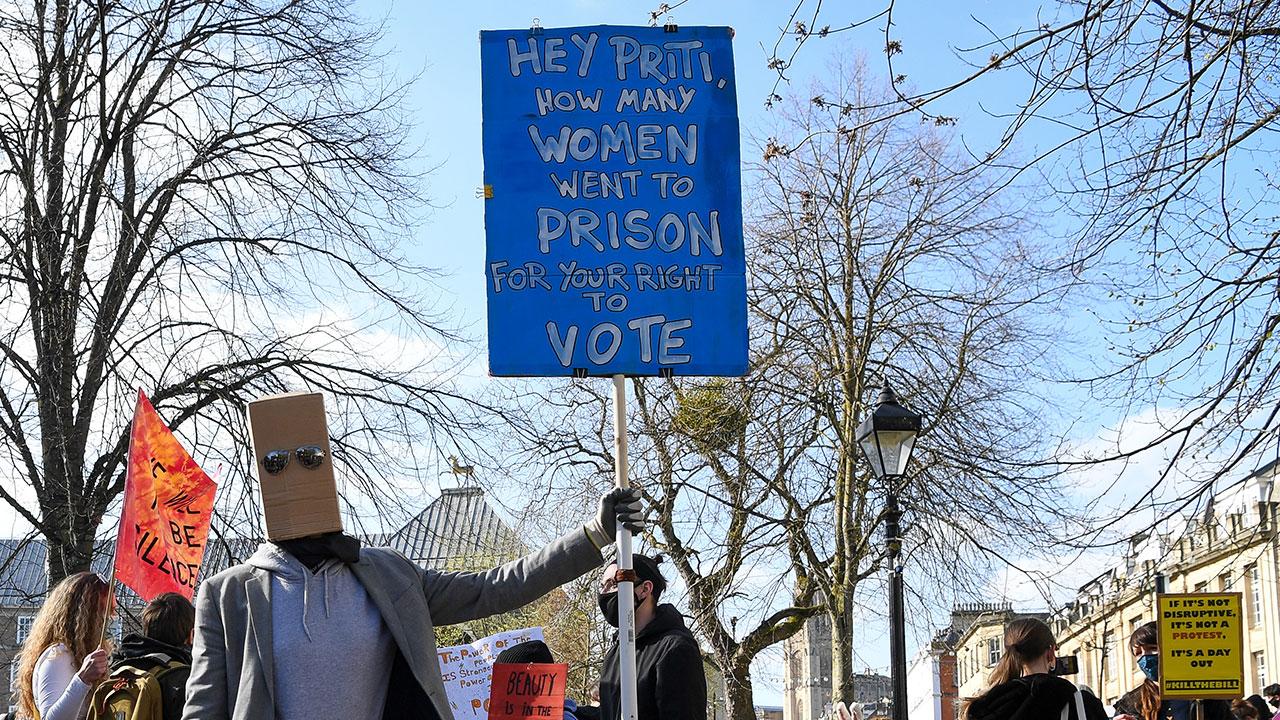Top Secrets
Advocate or Informer? Julian Assange and WikiLeaks
Advocate or Informer? Julian Assange and WikiLeaks

In feudal times, everyone kept secrets but few could put them to good use: acting on them was pointless in societies where the king, priest, lord or lady was going to go on practising whatever duplicity their ‘God-given’ position entitled them to anyway. With the demise of the old social order, two new players appeared on the scene: the people’s advocate (a.k.a. ‘the whistle-blower’) and the informer (a.k.a. ‘the rat’). They pioneered a new currency called information: the people’s advocate informs the public about the secrets of those who are in power – and gains political influence in return. The informer sells others’ secrets for profit. Both help to build an economy in which information has capital value.
Enter Julian Assange: advocate or informer? And WikiLeaks: forum for the exposure of the secrets of those in power,or a potential business venture hip to the way the trade in information is going to work in a future in which Internet publishing will eventually eclipse traditional print journalism?
For the powerful, WikiLeaks is undeniably a force to be reckoned with. The fact that, since December 2010, major payment providers – including Visa, MasterCard and PayPal – have stopped processing payments to WikiLeaks would seem to confirm this. But how can the public relate to WikiLeaks? Have you ever tried reading any of the leaked files, the ones from Guantánamo, for instance? You don’t ‘read’ them: you scan them, just as the US military officials for whom they were destined would do. The files just go from their servers straight to your desktop. WikiLeaks connects you to an existing information economy, expanding its range but preserving its logic. Needless to say, WikiLeaks also shares only some of its secrets: it is careful to keep information about its sources and about its own internal workings securely classified.
Whereas for traditional investigative journalism exposing secrets means providing you with a ‘story’, for WikiLeaks it means file-sharing. For the more pessimistically inclined, this spells the end of a culture of emancipatory subjectivity built around the practice of reading news stories and views shared through newspapers, journals etc. The objective of WikiLeaks is to disseminate data, not to develop news stories – yet the story of WikiLeaks itself hit the news and was instrumental in boosting the organization’s success. And while Assange reduces publishing to data-trading, he creates a public for this trade by marketing his own story to the media. The media, in turn, happily gives the most publicity that its traditional means of publishing and broadcasting can award to the very person who is currently doing the most to discredit these exact means.
Looking at the bigger picture, the case of WikiLeaks is inseparable from changes in recent years relating to how classified information circulates. In December 2010, Time magazine noted that, in the US, a drastic shift in data circulation policies preceded the spectacular leak of diplomatic cables in February 2010. After it had become clear that 9/11 could have been prevented if the FBI (which had the names) had shared its data with the CIA (which had the clues), the US government stepped up internal data traffic. It created new platforms, such as the Net-Centric Diplomacy database, and made the Pentagon database more accessible, even to troops in the field. In the course of this process, many more people were given clearance to read classified material and the power to classify information. According to The Washington Post, by 2010 the number of people with top-secret clearance had risen to an estimated 854,000, while the US Information Security Oversight Office recorded the number of documents classified as secret as having multiplied nearly tenfold, from 5.6 million in 1996 to a staggering 54 million in 2009.
So the over-production of secrets goes hand in hand with a dramatic devaluation of information as a currency. Information is worth so little today that almost anyone can transfer gigabytes of classified files onto their hard drives. To keep up with this sweeping inflation in the digital info sphere, the traditional media are also chucking everything they can out onto the market. Stories that might previously have been handled in a more confidential manner are now paraded as front-page news items: King Carl Gustaf of Sweden in a brothel, prurient power broker Dominique Strauss-Kahn in handcuffs, and Assange himself extradited to Sweden to face rape charges. But the bluntness of reportage can hardly be celebrated as a triumph of enlightenment. Rather, we are faced with ever more desperate attempts to boost the value of news items at any cost while information gets cheaper by the minute.
What’s really worrying is that, under the pressure of digital inflation, the media seems to be jettisoning agreements previously thought vital for sustaining journalism as a form of diplomacy. Years ago, a press official from the German government once confided to me that – the parliamentary campus being a village – certain secrets, such as chancellor Helmut Kohl’s affair with his secretary, were actually common knowledge.At a certain hour during the annual press ball, cameras and mics were put away and, while Kohl danced with his secretary, politicians and journalists had an open conversation about politics. Call this collusion, but as a convention it still testifies to politics’ immersion in – and emergence from – the complex give-and-take of the twilight zone of human affairs. Reportage and news stories can do such complexities justice, because they allow the shades of grey to filter through between the lines. No-holds-barred file-sharing and front-page condemnation, by contrast, are destined to sever the diplomatic ties between the powerful and their observers.
The worst-case scenario is that the powerful, unfettered by the delicate ties of diplomacy, will take their cue from the bluntness of digital culture and proceed to flaunt their unprotectable secrets as blatantly as kings, priests, lords and ladies did in the olden days. Maybe this is already happening. That would be one good reason to defend the culture of diplomacy and publishing. The prospect of entering an era of digitally hardened neo-feudalism is just too horrific.
























